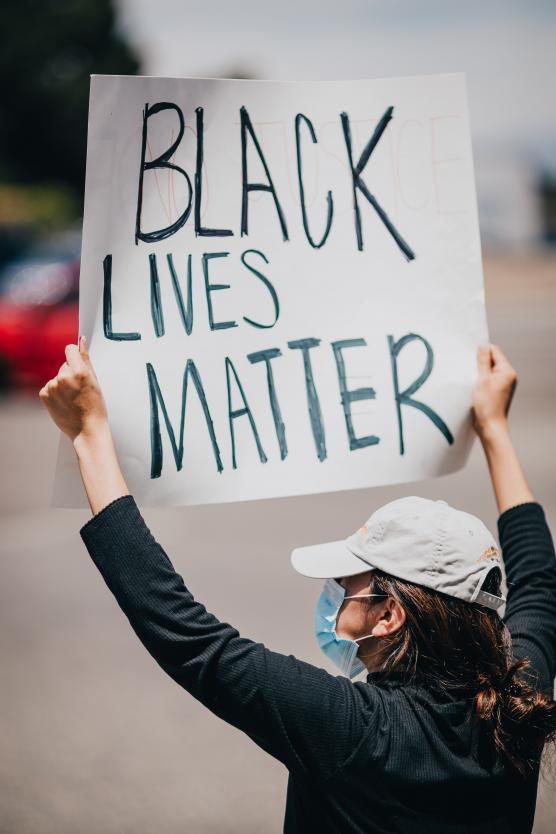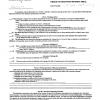As Fellows of the Blackburn Institute, we proudly join the nationwide chorus demanding justice for the senseless murders of George Floyd, Breonna Taylor, Ahmaud Arbery, and countless other people of color.
For more than thirty years, the Blackburn Institute has nurtured ethical leaders for the state of Alabama and the nation. An institution dedicated to progress in a deeply conservative setting, we take pains to be non-partisan so that no member feels alienated or marginalized. In many circumstances and on many issues, that is necessary and correct.
But on issues of race and equal justice, there can be no neutrality. People of color across America are shouting to be heard. They are protesting generations of systemic injustice that leaves black and brown communities more vulnerable to disease and to abuse by those who are sworn to protect them. There is nothing partisan about human dignity, and we must all proclaim that Black Lives Matter. There is, however, shame in silence. To not speak up at this moment would betray the legacy of our founder, Dr. John L. Blackburn, a central force in the desegregation of the University of Alabama, which began with the brave actions of Vivian Malone and James Hood.
The Blackburn Institute is a network of University of Alabama graduates dedicated to understanding the problems that plague our state and nation. As part of our leadership development curriculum, we travel to every corner of Alabama. We have witnessed the consequences of racial inequality in our state: poverty, uneven educational opportunity, inadequate or no healthcare. Together, we debate policy ideas and individually we take action to improve our communities.
But we must do more. To be an ethical leader today is to commit to dismantling the systemic racism that plagues our state and nation. It is not enough to simply not be racist; we must now be actively anti-racist. We believe the Blackburn Institute’s core value of facilitating a diversity of opinion does not mean giving equal weight to racist and anti-racist ideas. We must commit to examine our own prejudices, to listen to people of color, and to remedy racial disparity in our communities and institutions. And we must hold each other to account, pushing for anti-racist policies at every level of the Institute, from the Advisory Board and its membership, to the university where the Institute is housed, to the students and, most importantly, the Fellows.
Dr. Blackburn gave us a simple charge: “Change the damn state.” Those four words have become our rallying cry, but almost thirty years after the institution’s founding we still have work to do. In the words of Alabama native John Lewis, “If not us, then who? If not now, then when?”
Today, as we celebrate the anniversary of the University's desegregation and the courage of Vivian Malone and James Hood, let us all commit to taking action, seizing the moment, and getting truly engaged in the fight against racism and for social justice and equality.
In solidarity as Blackburn Fellows,
















